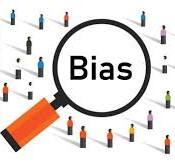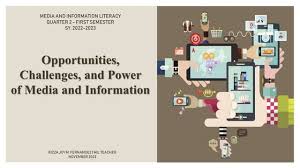
The Challenge of Keeping Bias At Bay
The Challenge of Keeping Bias At Bay
Ashutosh Mishra
Objective reporting is a much-discussed topic in journalism.
Complete objectivity, however, is not just hard but almost impossible to achieve because of the human element involved in reporting. The person writing the report is a human being prone to bias without even realising it.
The reporter’s own perception of what is being written about is certain to impact the final copy. This can happen even in the case of reporting simple incidents like a fire or a road accident where the copy is supposed to include just the basic elements or the 5Ws.
It is not uncommon to find reports about such incidents often making critical observations about the late arrival of police or fire tenders or ambulances at the accident site. Reporters tend to quote eyewitness to justify such references but hardly ever bother to check with police or firemen the reasons for being late if they actually fail to make it in time.
More often than not this happens because our sympathies lie with the affected people rather than those engaged in rescue or relief. This is human nature. Hence, it won’t be wrong to conclude that one hundred per cent objectivity exists only in the realm of imagination. It may be ideal but it remains elusive.
But there is no denying the core value of objectivity in journalism and the importance of journalists striving for it. Among the various genres of reporting the one that remains most vulnerable to bias is political reporting which is most popular with a stunningly deep penetration among the masses. It is its reach which makes bias in this kind of reporting highly dangerous. Political reporting can get slanted because of a variety of prejudices, the most important of these being rooted in ideology.
As human beings reporters do subscribe to some or other political ideology and tend to reflect it while doing political copies. For example a Left leaning reporter may play up favourably a copy dealing with an event organised by the Left parties or one highlighting the personality of a Leftist leader.
The bigger danger is that a reporter with this kind of a bias might end up doing grave injustice to copies dealing with other political parties or ideologies. Such bias almost invariably manifests itself through selective emphasis or omission of information which can influence the readers’ understanding of political issues.
This can hinder balanced perspectives. Bias in political reporting can also reflect itself in the choice of stories and determining their priority. This could lead to some stories being overplayed as the cost of others. There have even been instances of media outlets consistently prioritizing stories that align with their ideological leanings.
This kind of reporting poses a huge threat to democracy especially during the elections when media plays a big role in shaping public opinion. Political reporting is a minefield that must be negotiated with extreme caution. Journalists covering political developments must consciously try to keep their ideological predilections from interfering with their reporting.
 Ashutosh Mishra
Ashutosh Mishra







